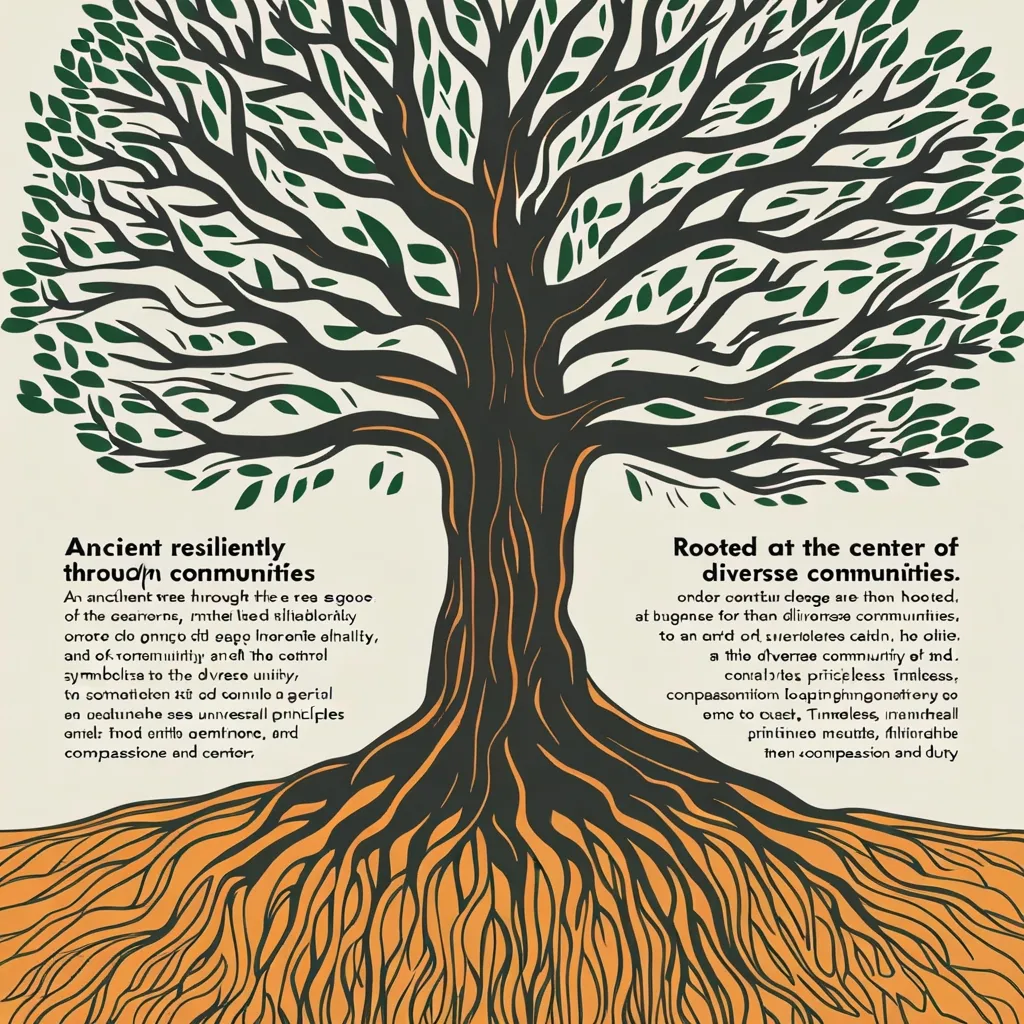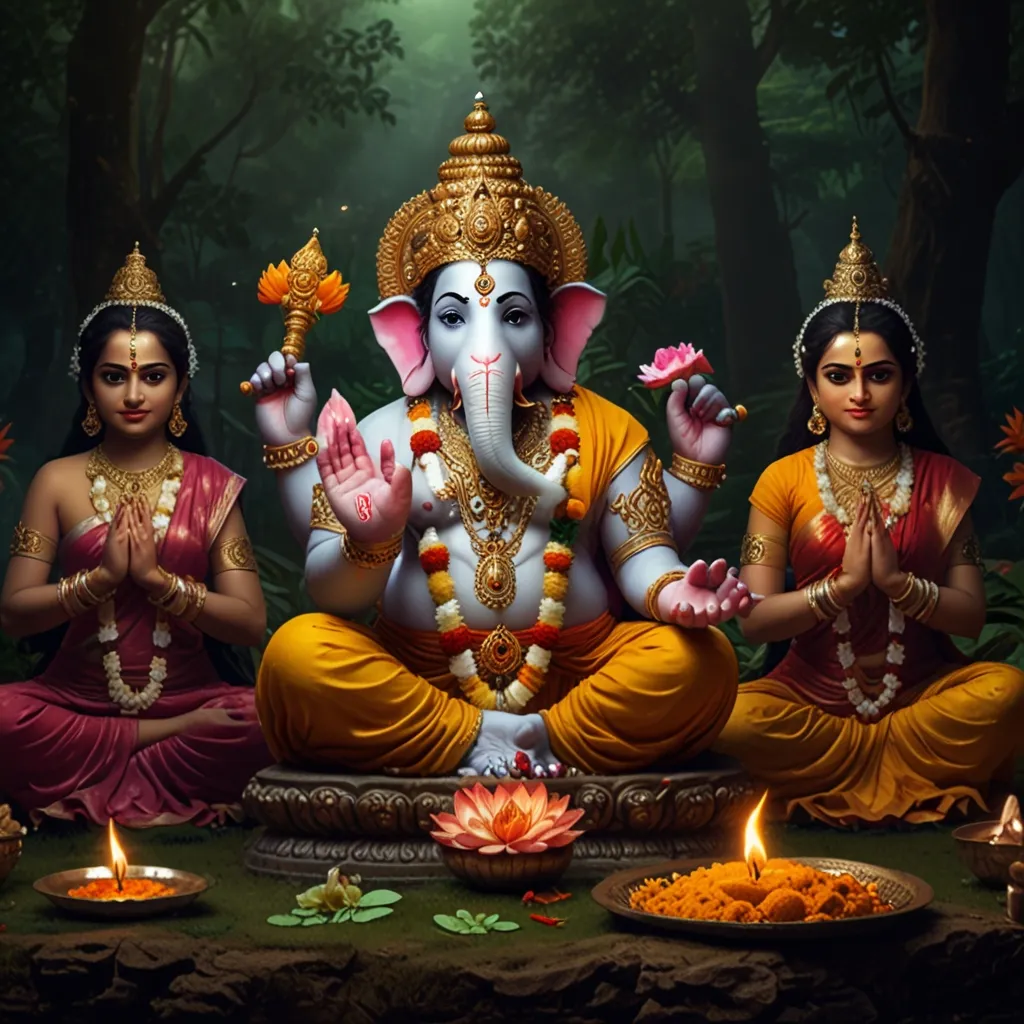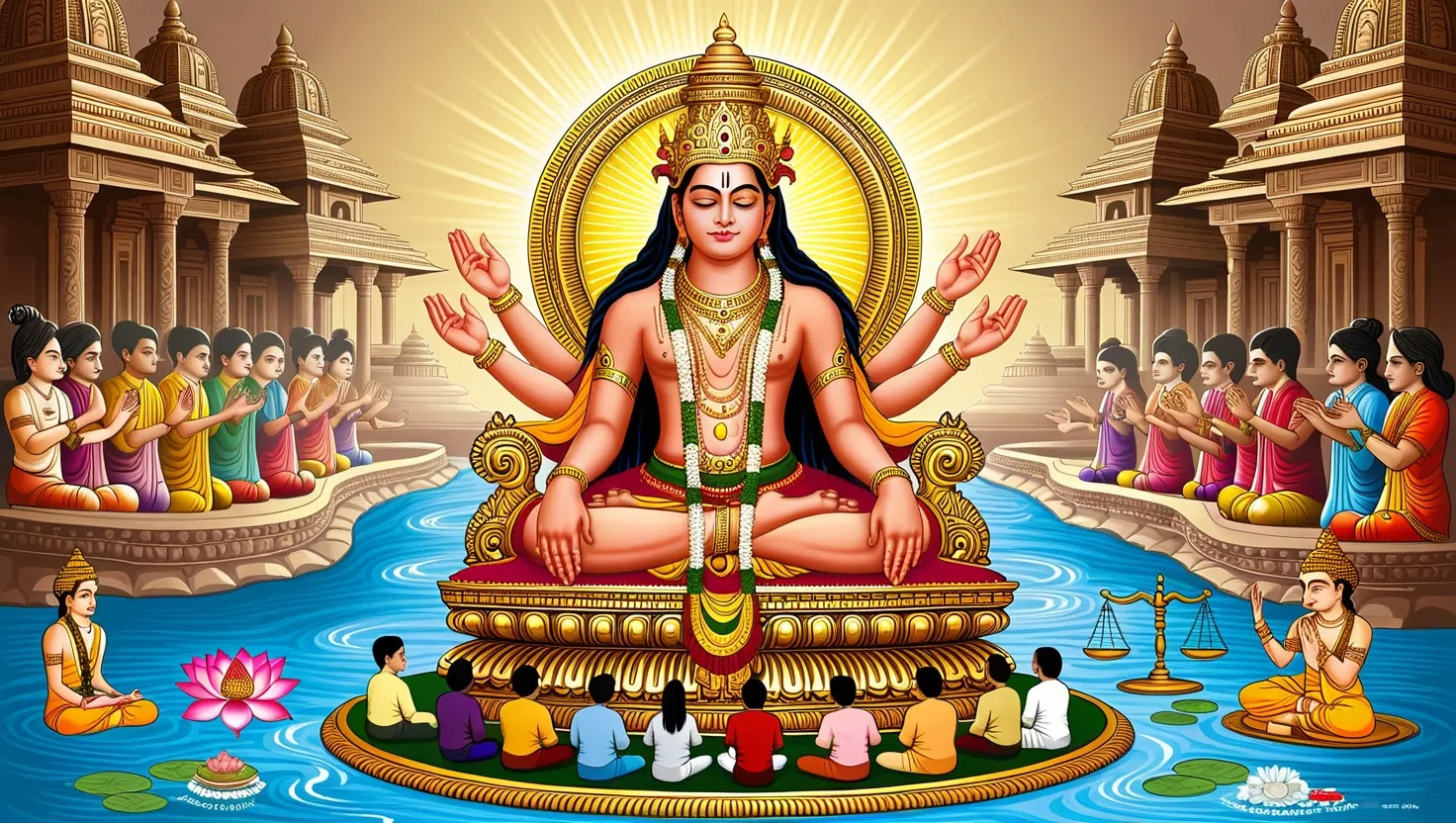Renunciation in Hindu philosophy offers a lens through which we can reconsider the way we live. For many, the word may conjure images of ascetics in saffron robes, retreating into the wilderness to forsake all worldly attachments. But is that all renunciation is? What if it’s less about relinquishing everything and more about reframing how we engage with the world?
In the Bhagavad Gita, Krishna speaks to Arjuna about detachment, not as abandonment of action, but as a means of performing one’s duties free from the clutches of desire. The idea is refreshingly pragmatic. Renunciation, in this sense, does not mean withdrawing from life but navigating it with a clarity that comes from detaching oneself emotionally from outcomes. How often do we base our happiness on results rather than the quality of our efforts? This subtle shift in perspective transforms mundane activities into acts of profound awareness.
“Freedom is not procured by a full enjoyment of what is desired, but by controlling the desire.” This idea challenges the modern narrative where fulfillment is often equated with acquisition. Does owning more truly bring happiness, or does it anchor us to cycles of endless wanting? Hindu sages understood this long before minimalism became a lifestyle trend. They proposed that it is not the objects of the world but our obsessive attachment to them that binds us.
Renunciation, or tyaga, in Hindu philosophy isn’t about rejection but about discernment—separating what is transient from what is enduring. Life is full of impermanent elements: possessions break, relationships change, even our thoughts are fleeting. By realizing this, one can develop an inner fortitude, a kind of freedom that transcends the need for constant validation or accumulation.
“What lies behind us and what lies ahead of us are tiny matters compared to what lies within us.” This aptly captures the core of Hindu detachment. Renunciation is not deprivation but an unveiling of the self that exists beyond ego, beyond the endless push and pull of desires. The path, however, isn’t easy. It demands introspection, self-discipline, and above all, patience. How often do we reflect on what truly drives our pursuits? Are our motivations aligned with who we are at our core, or are they shaped by external expectations?
Practices like meditation and mindfulness, as emphasized in Hindu teachings, guide practitioners toward observing their thoughts without attachment. This mental discipline fosters a calm detachment, allowing one to engage with the world without being consumed by it. Imagine pausing to question every impulse before acting on it. Would such a habit make life simpler or more restrained? In truth, it might make it richer, freeing us from unnecessary clutter, both mental and material.
Modern consumerism thrives on dissatisfaction, the belief that happiness is just one purchase away. In contrast, Hindu renunciation flips the script—it calls for satisfaction with what is, rather than what could be. By practicing vairagya (dispassion), one learns not only to let go of excess but to interact with life’s necessities in a way that is ethical and intentional. In today’s context of climate change and environmental crises, could this ancient principle be the remedy for our unsustainable greed?
“To the mind that is still, the whole universe surrenders.” Such stillness is the hallmark of inner detachment, a state where desires no longer dictate actions. This does not imply apathy. Hindu thought emphasizes compassionate engagement, where service to others becomes an antidote to self-centeredness. Acts of kindness, performed without expectation of reward, carry the essence of renunciation.
Consider the story of King Janaka. As a ruler deeply involved in worldly affairs, he was also a spiritual master, revered for his balanced approach to life. Rather than removing himself from his duties, he practiced renunciation internally, performing his responsibilities without attachment. The tale forces us to question: Do we need to step away from the world to find freedom, or can we find it within the very chaos of daily life?
Hindu renunciation also critiques the ego, the sense of “I” that clings to achievements, roles, and possessions. Letting go of ego doesn’t mean erasing identity but understanding that our essence is deeper than external labels. Ego-driven actions often lead to conflict or dissatisfaction. What would life look like if we approached it with humility and a sense of interconnectedness instead?
Today, as mental health challenges rise, the teachings of detachment offer actionable wisdom. Anxiety often stems from projecting fears onto an uncertain future or dwelling on past failures. Hindu philosophy advises living in the present moment with acceptance and grace. How many of us rush through life without pausing to breathe? Detachment teaches us to be here, now.
The concept of renunciation challenges societal norms that value visible success—power, wealth, and fame—over inner well-being. It encourages mindfulness in consumption, ethics in relationships, and alignment of actions with higher ideals. Renunciation, in this sense, isn’t a retreat; it’s empowerment. It arms individuals with the ability to face life’s inevitable highs and lows with equanimity.
As I reflect on these insights, I wonder: Why do we resist letting go? Is it fear of losing control, or is it the comfort of attachment, even when it causes suffering? Hindu teachings suggest that true security lies not in clinging but in surrender—not to circumstances, but to the inherent wisdom within us all.
Renunciation, then, is a practice as relevant today as it was centuries ago. It’s not about abandoning life but enriching it through thoughtful engagement. It’s about finding fullness in simplicity, strength in surrender, and freedom in detachment. What would change if we each adopted even a small part of this philosophy? Would our lives feel heavier or lighter, poorer or richer? The answers may lie not in theories, but in how we choose to live.






